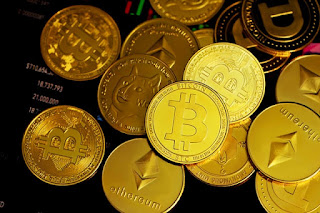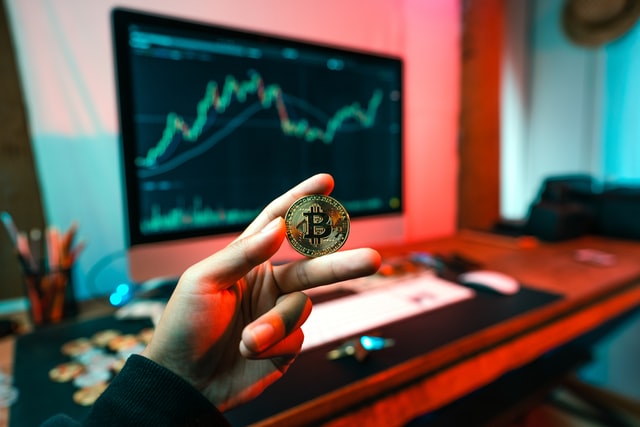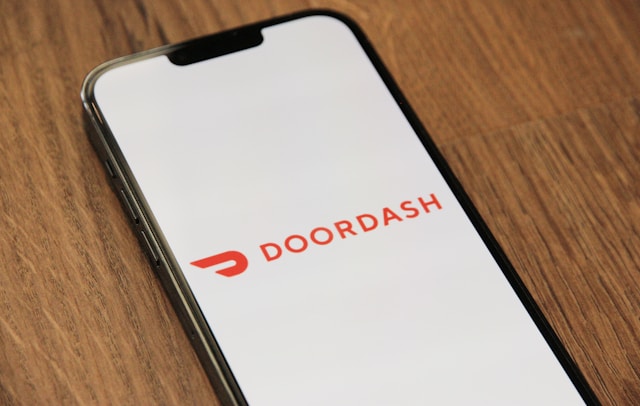Since the outbreak of the global new crown epidemic in March 2020, it can be said that no asset class is more popular than cryptocurrency. In the past 21 months, as of December 12, the total market value of cryptocurrencies has soared by more than 1500%, reaching approximately $2.2 trillion. Speaking of cryptocurrencies, Bitcoin and Ethereum are often the first things people think of. After all, the market value of these two cryptocurrencies accounted for nearly 60% of the above-mentioned approximately 2.2 trillion U.S. dollars.
But if you look at it purely from the upward trend, the income from the “meme” cryptocurrency Shiba Inu may rank first this year. According to the statistics of CoinMarketCap.com, the Shiba Inu coin has risen by 50,588,941% so far this year, which can be said to be outstanding. This data means that if you invest $2 at midnight on January 1 this year, by December 12, investors will become millionaires.
The surge of Shiba Inu coin this year is the result of a combination of many factors, including “phobia of missing out” (FOMO), multiple cryptocurrency exchanges listing Shiba Inu coin as a trading target, the official launch of the decentralized exchange ShibaSwap, and market Positive expectations for the future development of cryptocurrencies, such as the layer-2 blockchain project Shibarium and the launch of NFT-based games. However, the hype of Shiba Coins on social media does not match its actual utility value. As a cryptocurrency that occasionally ranks among the top 10 in the world by market value, Shiba Inu Coin has almost no utility. It is understood that only 385 merchants in the world accept Shiba Inu Coins as a form of payment, and more than 10% of “merchants” are cryptocurrency exchanges.
In addition, Shiba Inu Coin has no competitive advantage or differentiation. It is just an ERC-20 token built on the Ethereum blockchain, which means it will be affected by the same high transaction fees and processing time lag. In general, there are no key factors that help it stand out from the more than 15,000 listed cryptocurrencies. Therefore, the Shiba Inu coin is likely to fall onto the altar in 2022. The Motley Fool, an internationally renowned financial media, stated that the following three cryptocurrencies have the necessary background and utility value, and their performance in 2022 will far exceed Shiba Inu Coin.
Table of Contents
Axie Infinity:
The Motley Fool stated that if crypto investors are very interested in the prospect of blockchain-based gaming, then Axie Infinity should be considered. The company looks likely to easily surpass Shiba Infinity next year. Axie Infinity is a game designed on the trusted Ethereum blockchain. The user collects, raises, breeds characters, and fights. These characters are called Axies (at least 3 Axies are required to enter the battle). Users who win the battle will gain experience points, which can then be used to upgrade their Axie. It should be noted that each Axie is an NFT. This means that it can be profitable by users in the game, or it can be sold or bought in the market for arbitrage. NFT games are all the rage in 2021, and the ability to make money in games may continue to attract players to the Axie Infinity platform in the coming year.
The Motley Fool said that another reason to be optimistic about Axie Infinity is the true value behind the project. According to statistics from Token Terminal, in the past 6 months, Axie Infinity has brought about US$1.2 billion in total revenue. According to statistics, in these six months, Axie Infinity was second only to Ethereum in terms of revenue from blockchain-based decentralized applications (dApp).
With increasing popularity and popularity in the real world, Axie Infinity may take the lead in the cryptocurrency market next year, leaving Shiba Infinity far behind.

Avalanche:
On the surface, what attracts investors most to Avalanche is the speed of its blockchain. The Avalanche development team expects the processing capacity of the network to be 4,500 transactions per second (TPS). From a certain perspective, Bitcoin (before the Taproot upgrade) and Ethereum are already running at 7 TPS and 13 TPS, respectively. In addition to excellent scalability, Avalanche’s “transaction termination performance” is far more impressive than the two giants. On Avalanche’s blockchain, the transfer of funds, files, or data is completed in an average of two seconds. In contrast, the average transaction completion time for Ethereum is 6 minutes, and Bitcoin is close to one hour.
Perhaps the most attractive investment for Avalanche is its compatibility with the Ethereum network. Since the Ethereum virtual machine is already running on the Avalanche network, some analysts believe that it should not be difficult to dig dApp developers Ethereum-especially considering the aforementioned speed, cost, and execution advantages. In the past 30 days, Avalanche ranked sixth in the revenue of protocol dApps generated on each token terminal.
Cardano:
The transparency and regular upgrades associated with the Cardano blockchain have attracted countless investors. In July 2020, the Cardano development team performed an upgrade later known as “Shelley”. This allows network participants to run more nodes. After this upgrade, the average daily transaction volume of Cardano’s blockchain has soared from approximately 2,000 to more than 100,000 transactions. What makes Cardano the blockchain network of choice for dApp developers is the “Goguen” update, which was implemented in September. Goguen introduced smart contracts into the Cardano blockchain. Smart contracts help verify, execute, and facilitate contract negotiations between the two parties. Over time, smart contract features will allow Cardano to go hand in hand with Ethereum.
There is also a “Hydra” upgrade, but no specific date has been announced. Hydra is a layer-2 blockchain, designed to transfer transactions to equity pools outside the main blockchain, which will greatly increase network speed while reducing costs.



